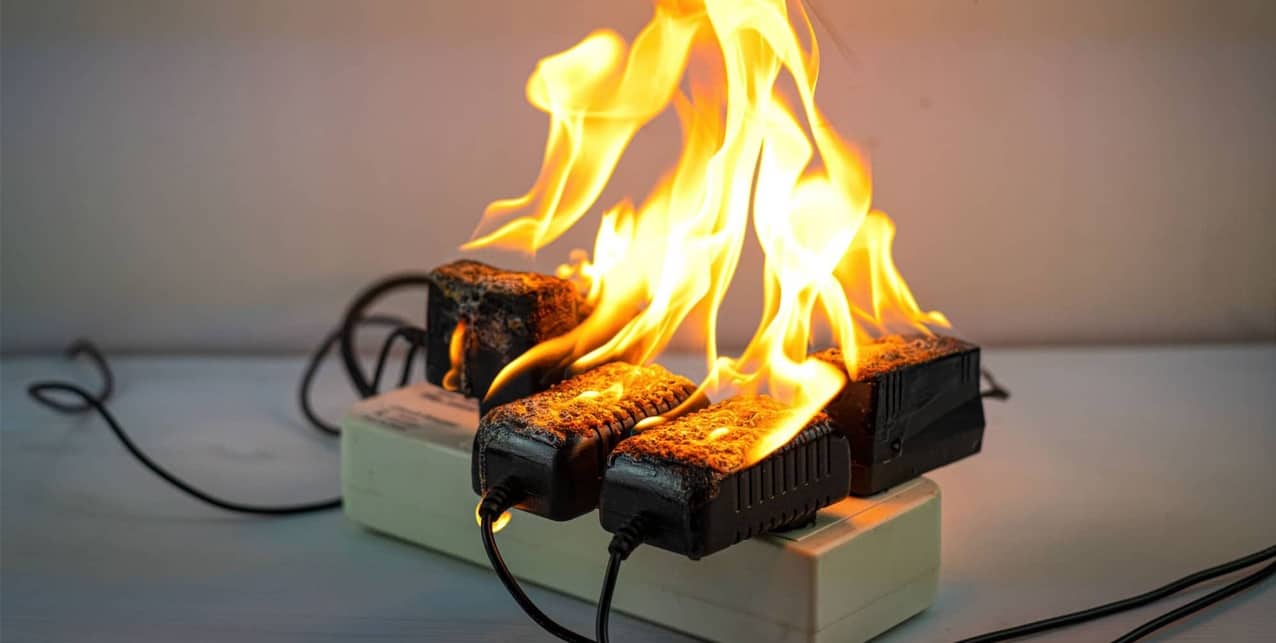This article is your complete guide to learning how to protect your home from power surges. The best surge protector to use to protect your home from a power surge is to have a combination of whole-house surge suppressors and point-of-use devices. Our guide will walk you through the steps and measures you can take to safeguard your home effectively, so keep on reading!
Here at The Energy Professor, we want to give you the information you need to not only save money on your energy bill but also to become more energy efficient. We hope you find this post helpful! It makes it easier for you to know more about protecting your home from power surges. Be sure to also check out our one-of-a-kind energy savings calculator!
The Energy Professor Electricity Rate Check Tool
How to Protect Your Appliances From a Power Surge
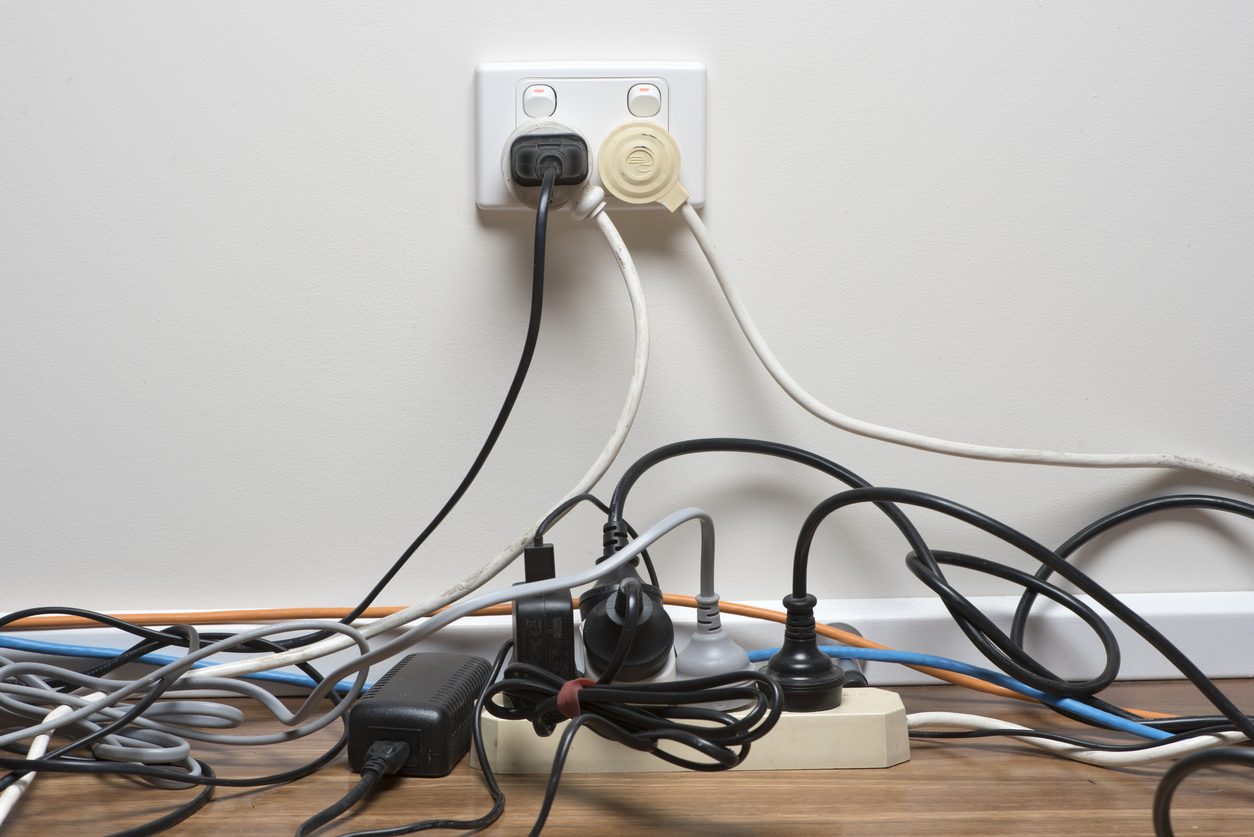
Choose devices with high joule ratings to handle sudden spikes in voltage. This will protect important high-value electronics like computers and TVs. Make sure that these protectors also have indicators to show when protection is compromised. If you notice the protection is compromised, replace the surge protector as soon as possible. It’s also important to strategically place these protectors where sensitive electronics are located to minimize surge damage and enhance the safety of your home’s electrical system.
What is the Best Surge Protector?
- ACP P11U2 surge protector
The best surge protector in 2025 is the ACP P11U2 surge protector. It has 2,880 joules of protection, well above my test’s average. Coincidentally, editor Ty Pendlebury has one in his testing lab. APC offers a lifetime $250,000 equipment protection policy.
Related Post: Are Power Surges Common?
What is the Best Power Surge Protection for Your Home?
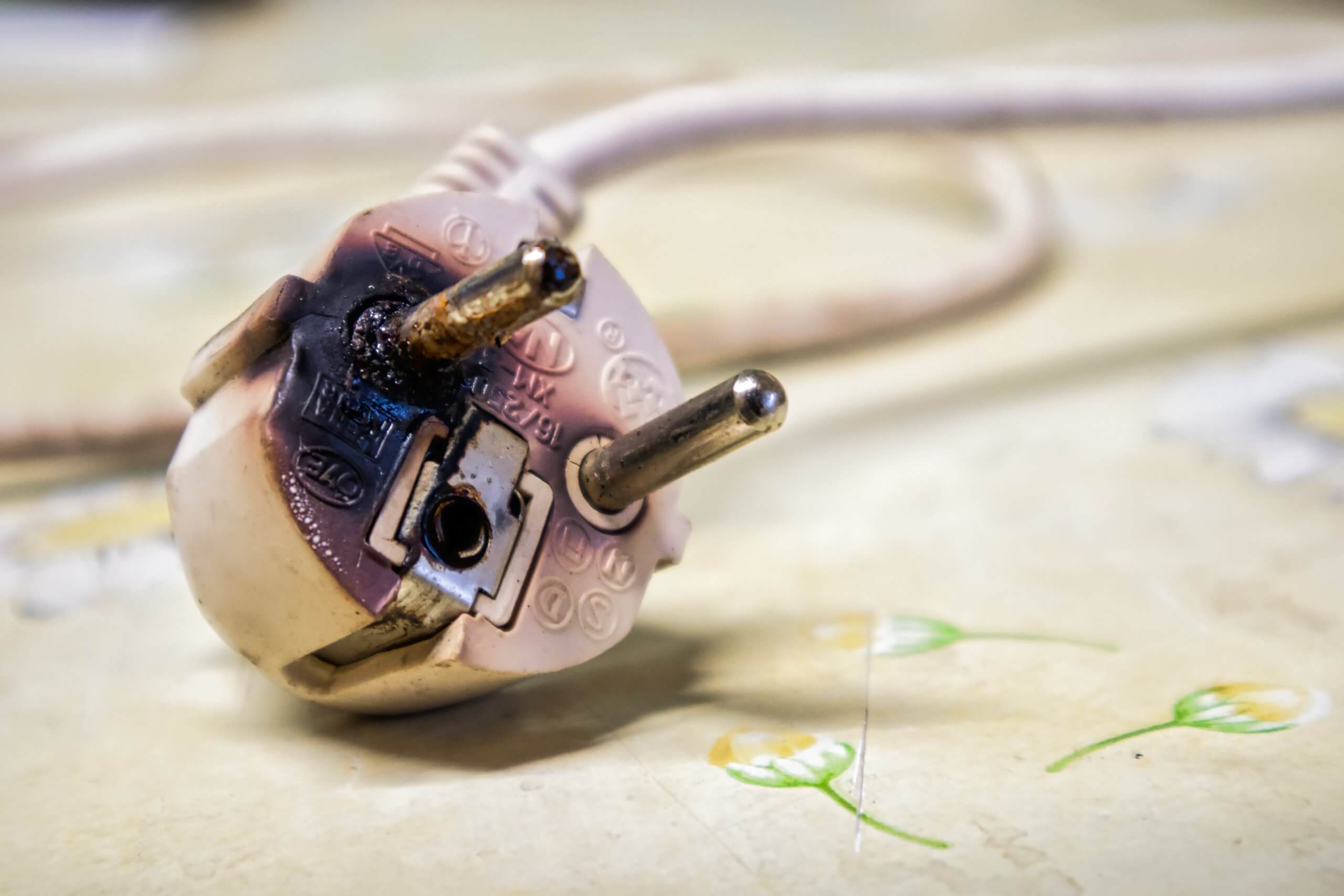
We recommend a combination of whole-house surge suppressors and point-of-use devices. Whole house suppressors are devices that help mitigate large external surges and are installed at your electrical service panel. While point-of-use protectors like surge-protected power strips shield individual appliances from residual power surges. Having both types of protectors ensures protection by absorbing excess electrical energy before it can damage your home systems. It’s always best practice to consult a licensed electrician for proper installation to ensure maximum effectiveness!
What Causes a Power Surge?
Power surges can occur for various reasons. Some of the more common reasons are lightning strikes, power outages, or issues within your utility company’s infrastructure. Surges may also originate inside your home from high-powered devices like air conditioners and refrigerators when they switch on and off, creating sudden, significant demands on the power grid.
Related Post: What is a Power Surge
How to Prevent a Power Surge in Your Home
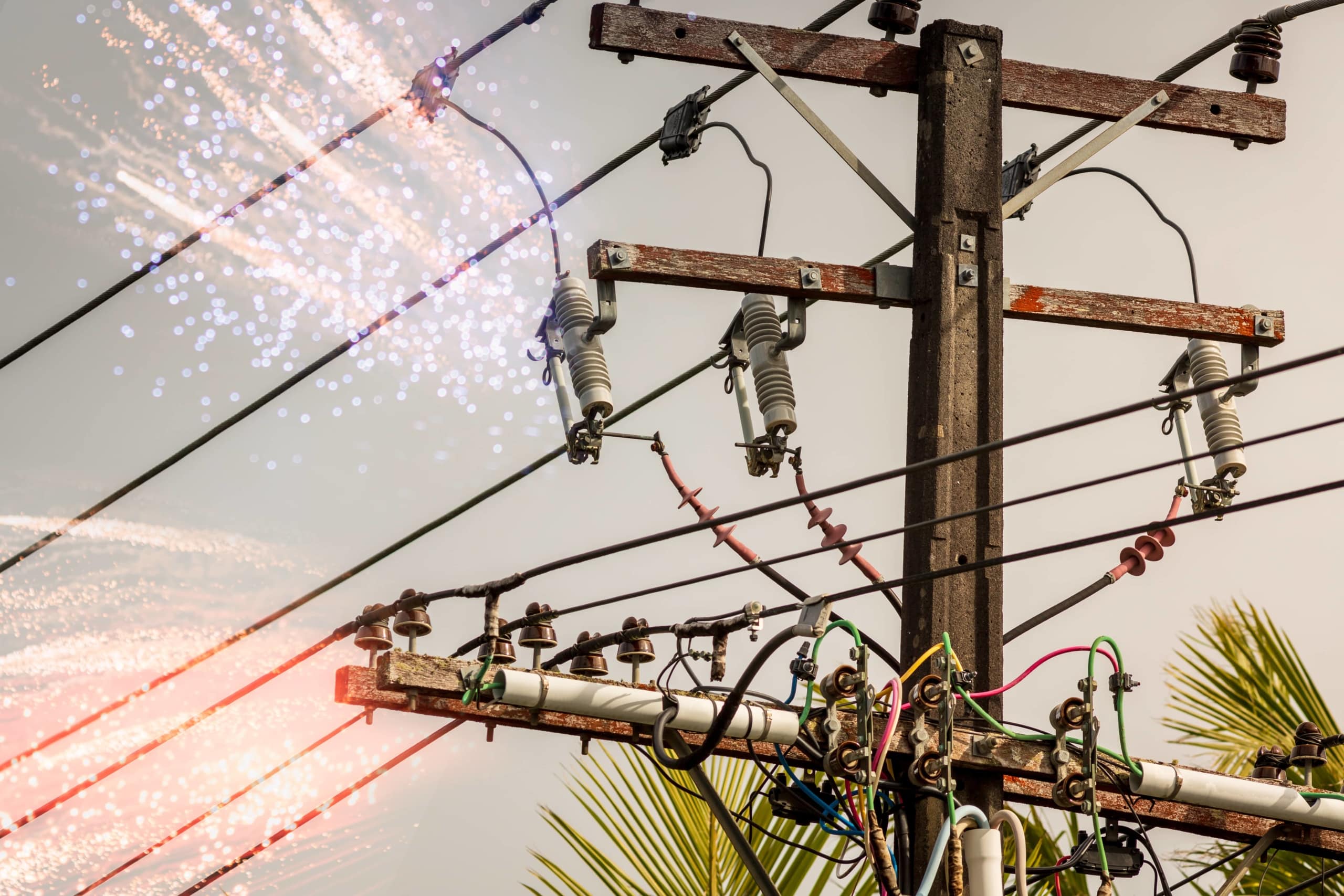
Knowing how to recognize the signs that indicate potential surge issues is key to prevention. Keep an eye out for frequent circuit breaker trips or flickering lights. Additionally, making sure that all high-energy appliances are properly wired and not overloading your circuits can reduce the risk of power surges. It’s also wise to unplug electronics during a thunderstorm. As we mentioned above, lightning strikes can cause sudden and severe power surges. Taking these steps can safeguard your home’s electrical devices from unexpected voltage spikes!
What are the Warning Signs of a Power Surge?
Signs of a power surge in a home can include flickering lights, frequent circuit breaker trips, or electronics that stop working for no apparent reason. If you notice any of these issues, it could be an indication that your home is experiencing power surges.
Related Post: Top Power Surge Causes
What Should You Do After a Power Surge?
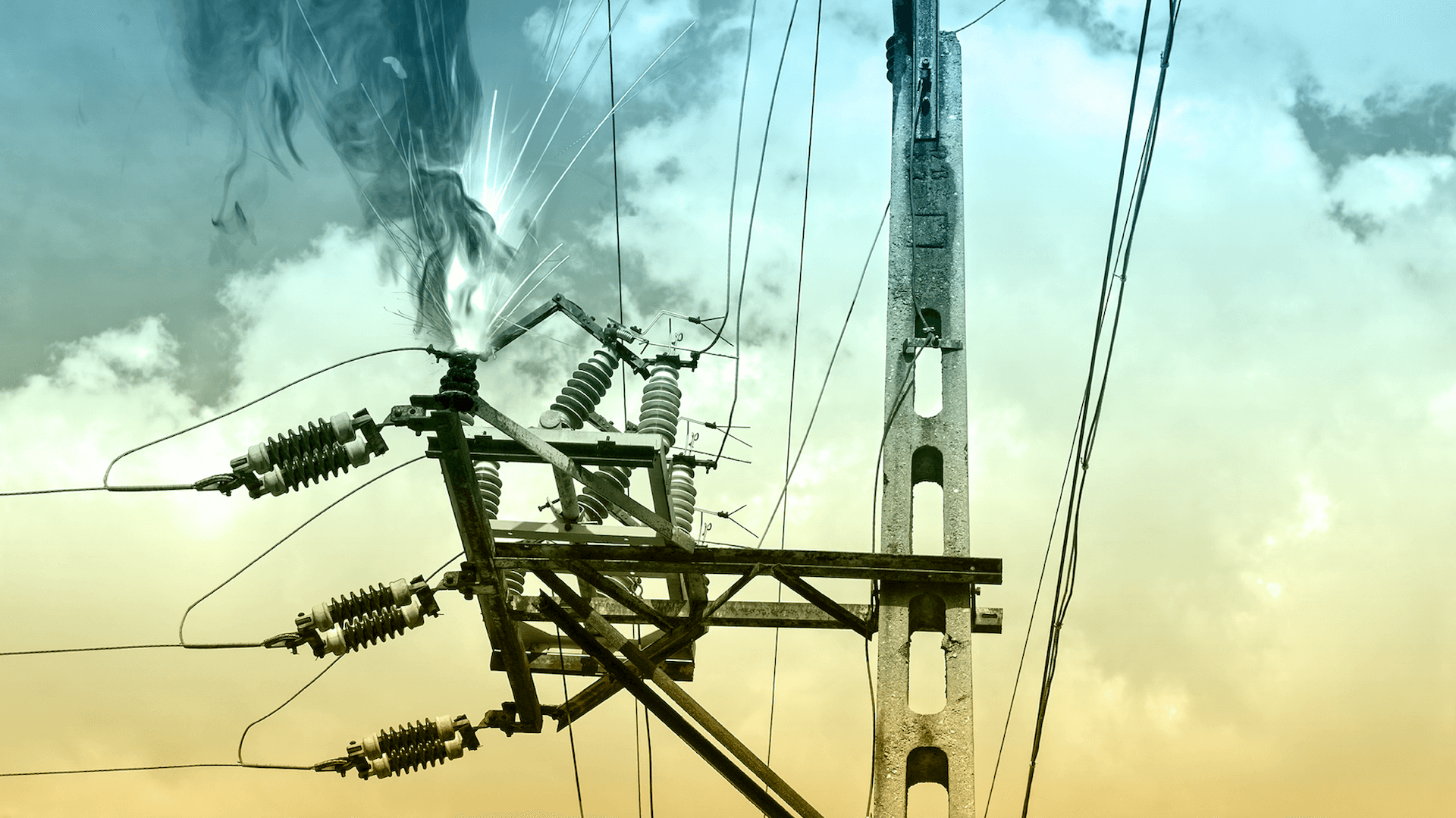
The first thing you need to do is to check for any damage to electrical appliances and systems. Begin by inspecting each device for functionality—check if lights flicker, if displays are unclear, or if any equipment fails to turn on. Even if devices appear operational, underlying issues may not be immediately apparent, so consider having a professional electrician review your home’s wiring to ensure everything is intact if the power surge is severe.
Does Insurance Cover Power Surges?
Many homeowner insurance policies include coverage for damage caused by power surges, especially if they result from lightning strikes. However, it’s important to review your policy details or speak with your insurance agent to understand the extent of the coverage and any conditions or exclusions that may apply.
Related Post: What is a Joule?
How to Prevent Power Surges FAQ

Q: Are All Power Strips Surge Protectors?
A: No, not all power strips are surge protectors. Many power strips provide additional outlets but do not offer any surge protection. Always check for labels or specifications that confirm surge protection capabilities before purchasing.
Q: What is a power surge, and what causes them?
A: A power surge is a sudden and significant increase in voltage that can damage electronic devices. Surges can be caused by lightning strikes, power outages, faulty wiring, or issues with the utility company’s equipment.
Q: How can I tell if my home has experienced a power surge?
A: Signs of a power surge include flickering lights, tripped circuit breakers, damaged appliances, or devices that fail to turn on. If you notice any unusual electrical behavior, it could indicate a recent surge.
Q: Can surge protectors save my appliances during a large power surge like a lightning strike?
A: While surge protectors significantly reduce the risk of damage, they may not always fully protect against extremely powerful surges such as those caused by direct lightning strikes. It’s advisable to unplug valuable electronics during severe storms to ensure their safety.
Q: What should I do if I suspect my surge protector is no longer effective?
A: If you believe your surge protector has been compromised (often indicated by a warning light or a failure to power connected devices), replace it immediately. Regularly checking and replacing surge protectors ensures they remain effective in safeguarding your electronics against surges.
Do you Need Cheaper Electricity?
If you’ve taken the time to understand the information on your bill and discovered you’re paying more than you’d like for your electricity, have you looked around for a cheaper deal? The Energy Professor has a wealth of information on ways to save on your utilities, including details of top deals that could significantly reduce your monthly or quarterly electricity bills.
We hope you found this article helpful! If you are looking for ways to increase energy efficiency and sustainability in your home, be sure to take a look at all of the latest renewable energy options in your area. The Energy Professor helps residential and small business owners find qualified energy suppliers in New York, New Jersey, Pennsylvania, Texas, Ohio, Maryland, Illinois, and Massachusetts.

